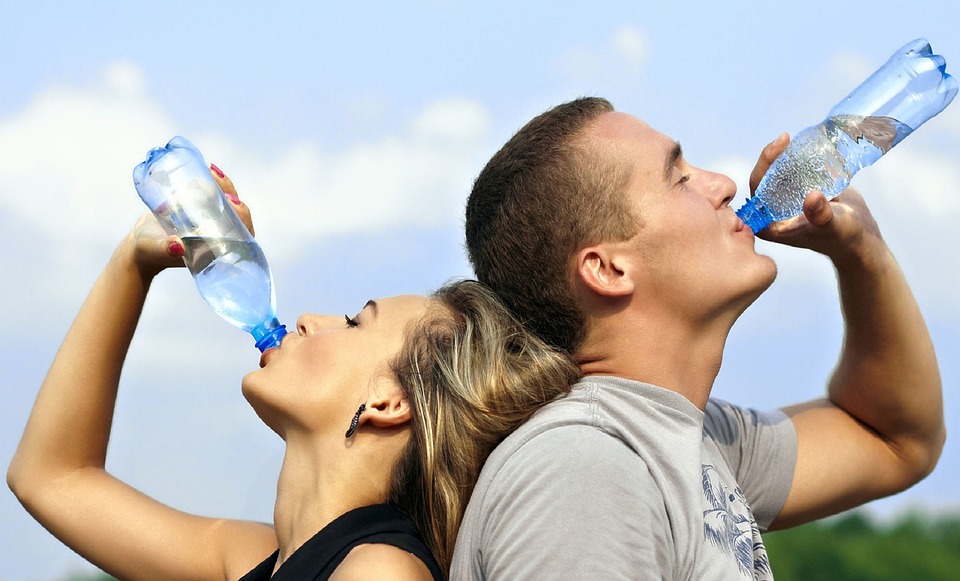
With the official start of summer just days away, bringing warmer temperatures and higher humidity, it’s crucial to understand the impact of heat on heart health. Heat waves are associated with an increase in hospitalizations and deaths from heart-related causes. According to the American Heart Association, heat waves, characterized by temperatures with a maximum heat index of 90 degrees Fahrenheit or higher, pose a significant risk, and such conditions were linked to an annual increase of 1,651 cardiovascular deaths from 2008 to 2019. That's because high temperatures can put extra stress on one’s heart and blood vessels, especially for those living with cardiovascular conditions.

The good news is that residents can take steps to protect their hearts while safely enjoying summer weather and activities. Howard Levitt, M.D., Chief of Cardiology at Robert Wood Johnson University Hospital Rahway, an RWJBarnabas Health facility, offered the following key insights on keeping hearts healthy during hot summer days.
Understanding the Heat's Impact on Heart Health
During the summer, our bodies attempt to cool down through increased blood flow to the skin, which can significantly strain the heart. This is particularly challenging on days during which temperatures exceed 70 degrees Fahrenheit and humidity surpasses 70 percent. Under such conditions, the heart pumps nearly twice as much blood per minute compared to cooler days, which can be risky for individuals with high blood pressure or heart disease.
"High humidity levels impede the evaporation of sweat, our body's natural cooling mechanism, which forces the heart to work even harder,” said Dr. Levitt “This can lead to complications in people with existing heart conditions."
Important Tips for Preserving Heart Health During Summer
It’s vital to drink plenty of water throughout the day, particularly before, during, and after physical activity, Dr. Levitt said. “Dehydration can decrease blood volume, forcing the heart to pump harder.”
He also recommended scheduling outdoor activities during cooler parts of the day, typically early morning or late evening. Strenuous outdoor exercise during peak heat hours from 10 a.m. to 2 p.m. should be avoided.
Wearing lightweight, light-colored, and loose-fitting clothing can help facilitate sweat evaporation and maintain body temperature. “Reach for breathable fabrics like cotton or moisture-wicking materials,” Dr. Levitt said.
Heatstroke is always a concern, even for those with healthy hearts. “Be aware of potential heatstroke symptoms, such as excessive sweating, weakness, dizziness, nausea, and rapid heartbeat,” Dr. Levitt. “If you or someone else experiences these symptoms, it’s important to cool down and seek prompt medical attention.”
As families look forward to enjoying summer activities, including swimming, boating, and barbecues, it's important to take common-sense preventative steps to ensure a heart-healthy season. Whether it's planning a morning jog or an afternoon at the park, a little preparation can make a big difference to everyone's heart health. “Hoping that everyone stays cool, hydrated, and healthy this summer,” Dr. Levitt said.